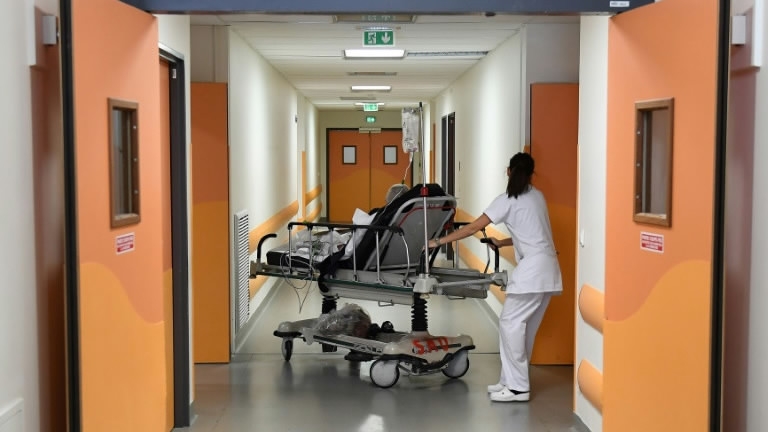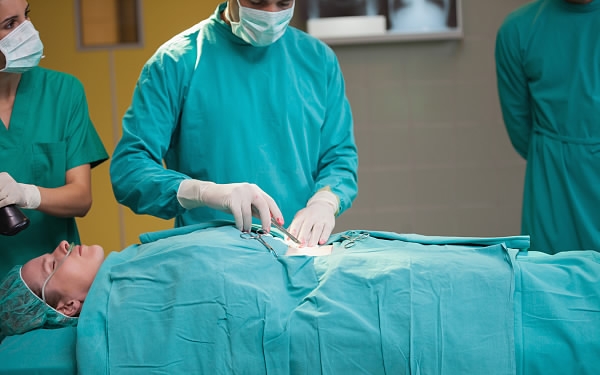
Health
20:31, 14-Feb-2018
Study: 1 in 9 people infected after gut surgery

More than 12% of people who have gastrointestinal surgery become infected within 30 days of going under the knife, researchers said Wednesday in a study covering 66 countries.
For low-income nations, the incidence of so-called surgical site infection was double the global average, according to the results, based on data compiled by a consortium of 2,500 doctors and researchers.
In wealthy countries, the rate of post-op infection was 9%, and for middle-income nations it was 14%.
In addition, one in five infections were resistant to antibiotics given before surgery as a preventive measure, the study found.
"This increased to one of three cases in low-income countries," said the University of Edinburgh's Ewen Harrison, leader of the GlobalSurg Collaborative which seeks to improve patient outcomes after surgery.
The overuse of antibiotics - especially in poor countries - is thought to be an important factor in post-operative infections.
The study, published in The Lancet Infectious Diseases, tracked more than 12,500 surgeries in 343 hospitals from January to July 2016.

VCG Photo
VCG Photo
Before surgery, 96%, 87%, and 88% of patients were given antibiotics in low-, middle- and high-income nations respectively.
Levels of post-surgery antibiotic treatment were 86%, 80%, and 46%.
Antibiotic resistance varied according to a country's income level, ranging from 17% in rich nations to 36% in developing ones.
The most common types of surgery involved the removal of the gall bladder or appendix. Half of patients had emergency surgery.
Surgical-site infections tripled the odds of dying during or soon after an operation, the study found. Altogether, 5% of the operations reviewed for the study resulted in death.
"The cost of a surgical site infection - in terms of mortality, morbidity, health-care costs, and loss of productivity - is enormous," Robert Sawyer, a researcher at Western Michigan University's Homer Stryker M.D. School of Medicine, said in a comment.
Source(s): AFP

SITEMAP
Copyright © 2018 CGTN. Beijing ICP prepared NO.16065310-3
Copyright © 2018 CGTN. Beijing ICP prepared NO.16065310-3